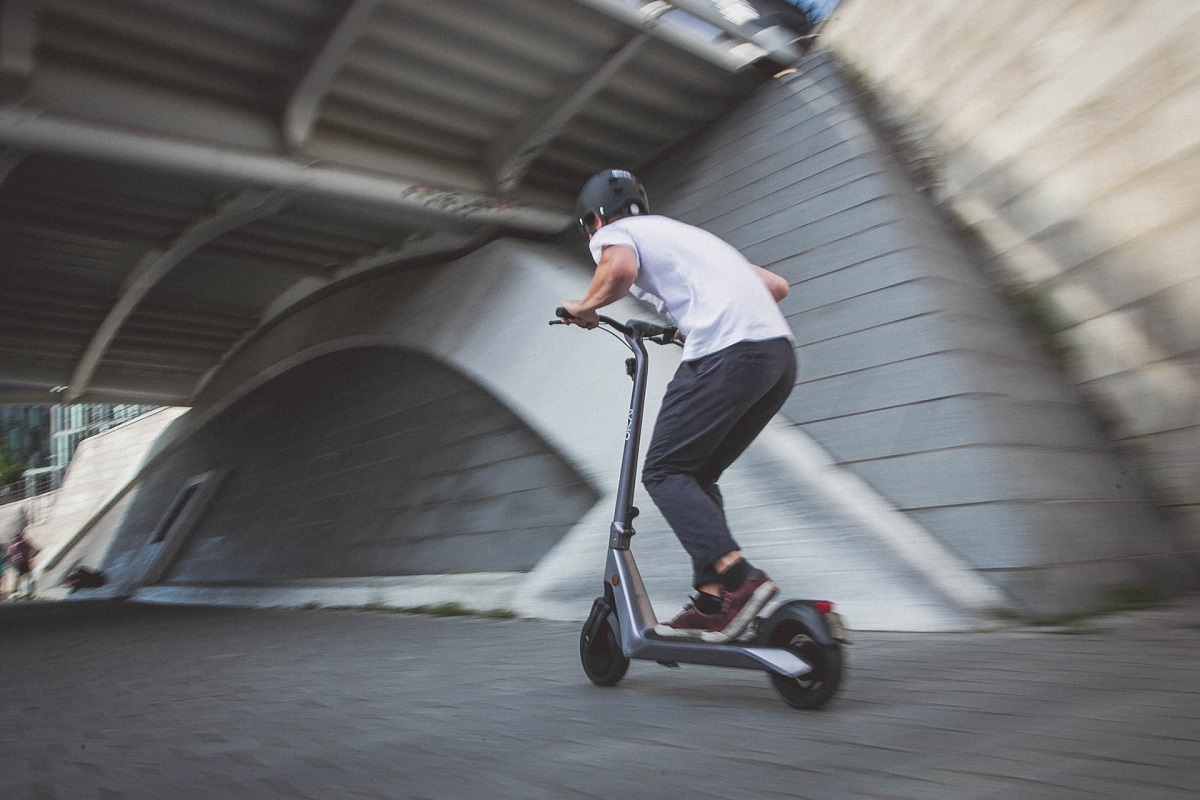Are you considering switching to electric scooters? Or perhaps, you’ve already purchased one, but now the news articles claim you’ve made a wrong decision? Do you find yourself torn apart between the pros and cons of electric scooters? They’ll make your life easier, sure. But what about others? What about the environmental impact? Is your electric scooter contributing positively or negatively?
Well, today, that’s what we are going to talk about. Or more accurately, that is exactly what we are going to study to unveil the truth ourselves.
So, let’s get straight into it!
Some Interesting Stats
Before we head on to the real deal, let us first evaluate the popularity and general public feedback about the electric scooters.
In 2018, they already sold about five million electric scooters.
The collective sales of bicycles & electric scooters will rise to 50 million units by 2021.
We expect the motorcycle and eScooter market to generate 13 864.0 million dollars by 2025.
By 2030, the increased demand will generate further profits, and the market will be worth 41.98 billion dollars.
E-Scooter apps are witnessing a boom as several new buyers of electric scooters download the supporting apps. The download rate of Bird and Lime apps alone increased by 580% during January – July back in 2019.
These statistics indicate that the electric scooters are here to stay (definitely for a reason). The engineers and scientists out there have done their share of research before sharing the technology with the world. And its increasing popularity is enough evidence of its positive impact. Regardless, let’s assess this reasoning process ourselves.
Composition of an E-Scooter
Now, let us break down the science and impact of electric scooters ourselves.
To begin with, consider the size of an electric scooter. It is only a tiny fraction of a car. Generally, a car weighs around 1.4 tonnes, and an SUV may even weigh two tonnes. On the contrary, an electric scooter weighs only 7 Kilograms. True, there are electric scooters that weigh up to 70 Kg. However, these are less popular models. Companies are focusing on manufacturing lightweight models that require less fuel to be powered.
Similarly, evident by the name, electric scooters are driven by batteries, which promise a longer lifespan of the vehicle and efficient operation with minimal fuel consumption. The key is to opt for premium quality electric scooters that come equipped with high-quality motors rather than the ones that operate on cheap batteries.
What’s more, most electric scooters and bicycles get manufactured from aluminum alloy. Although aluminum itself is challenging to extract, it is a recyclable material. Recycling aluminum saves on energy costs by 95 percent, which also makes the final product much more budget-friendly.
Some companies may also incorporate components made from steel, but that’s fine too since steel is also recyclable. However, be wary of extraordinarily cheap models as they involve the use of plastic, which is not eco-friendly.
What are Green Electric Scooters?
Okay, we now know about the growing popularity of green electric scooters and the composition of a single scooter. But, the question arises: what is truly green about these electric scooters? What aspects primarily make them green electric scooters?
Well, perhaps it’s the very fact that electric scooters do not produce any harmful carbon emissions, unlike petrol and diesel in cars. An average car produces about 650 grams of carbon dioxide for every kilometer that it travels. And these emissions account for about 28 percent of the total greenhouse gas emissions. On the contrary, an electric scooter produces only about 65 grams of carbon emissions. A rental scooter may produce about 202 grams. So, technically, that’s a major 90 percent cut down on pollution production. Moreover, electric scooters do not waste valuable non-renewable resources.
Personal E-Scooters VS Rental E-Scooters
Before we sign off, let us put another great debate to an end. Often, people find themselves stuck between owning an eScooter of their own and renting one out. The pain-point here is: what is more beneficial for the environment?
Over time, studies and surveys have proved that public transport causes much less damage to the environment than private transport. However, the case is quite the opposite when it comes to electric scooters.
Owning an electric scooter cuts down the maintenance needs even if it is used intensively. In a rental scooter, there’s a high need for constant maintenance, which negatively impacts the environment. So, yes, owning an electric scooter is three times friendlier for the environment.
Although the creation of more units will demand more raw materials from the environment, the low running costs, extensive durability, and low pollution rates even it out in the long run. It may help the Earth last longer!





